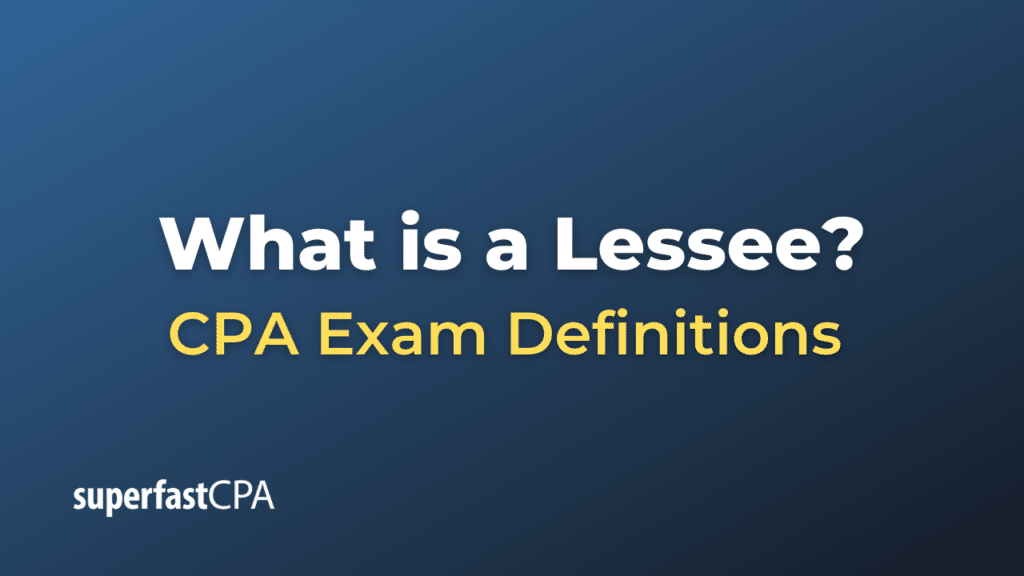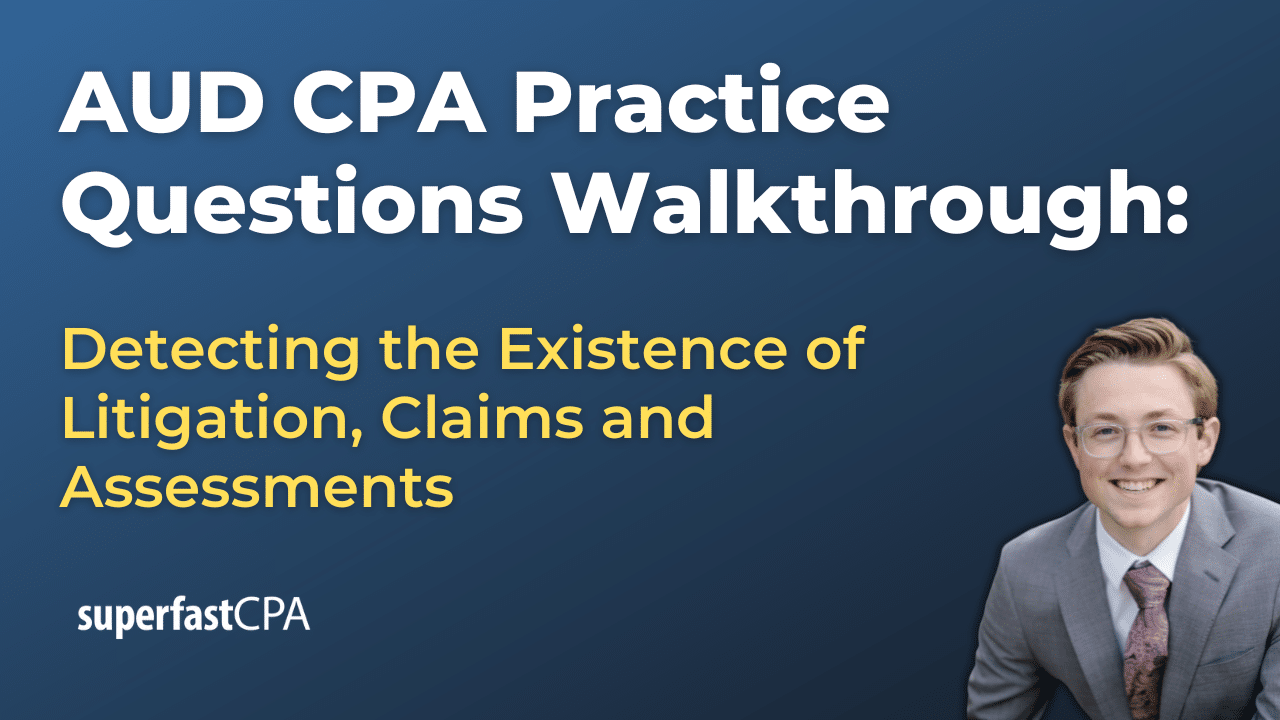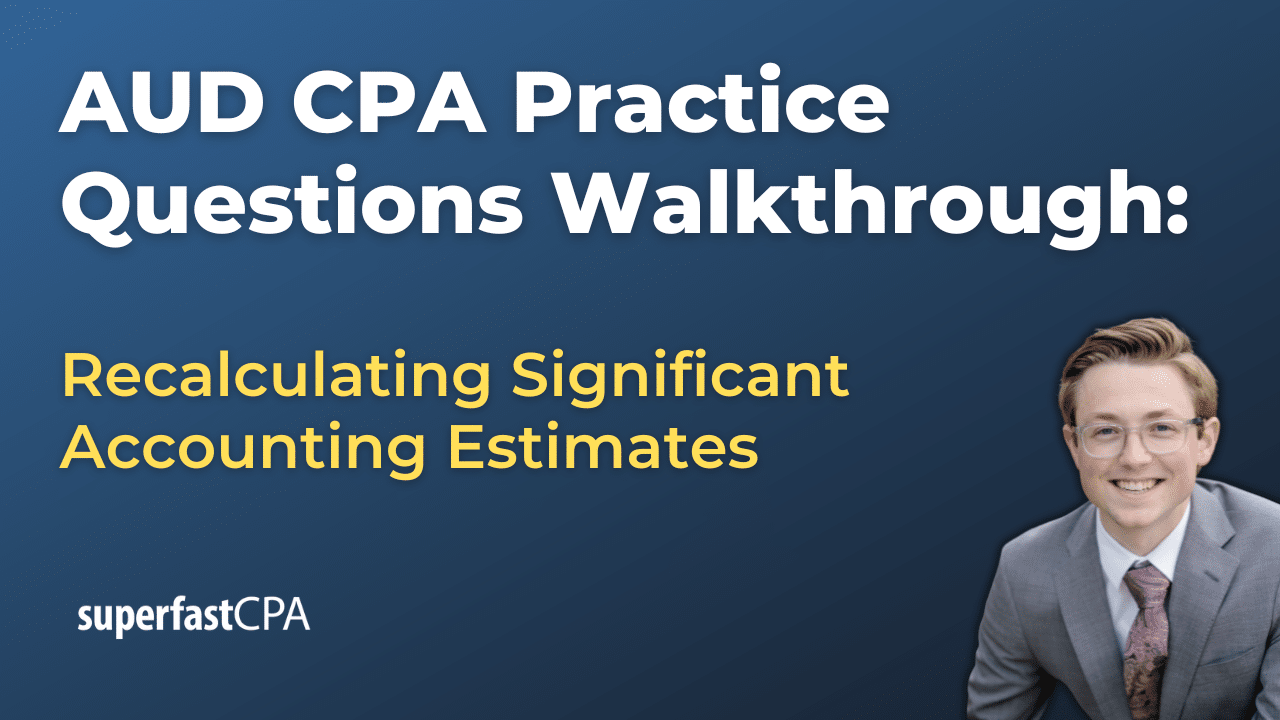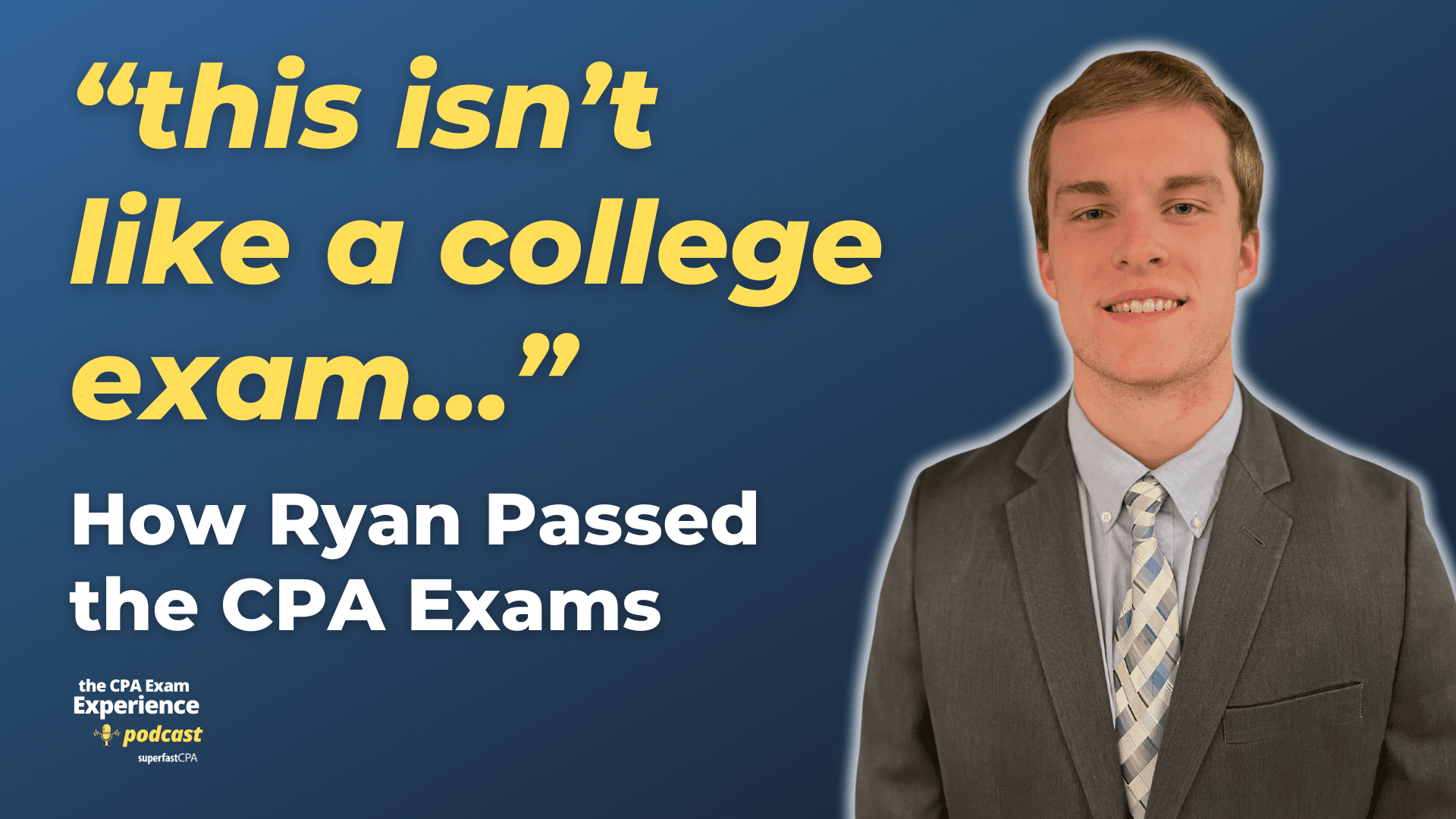Lessee
A lessee is an individual or entity that rents land or property from another entity, known as the lessor, through a contractual agreement called a lease. The lessee has the right to use the leased asset for the duration specified in the lease agreement, in exchange for making regular rental payments to the lessor.
For instance, in a residential lease, the tenant is the lessee and the landlord is the lessor. In a commercial setting, if a business rents a building to operate out of, the business is the lessee and the building owner is the lessor. Similarly, if a company leases equipment for its operations, the company is the lessee and the equipment owner is the lessor.
The terms and conditions of the lease, including the length of the lease period, the amount of rent, the frequency of payments, and the responsibilities of both parties, are specified in the lease agreement. Lessees must adhere to these terms and conditions to avoid breaching the lease, which could result in penalties or termination of the lease.
Importantly, even though the lessee has the right to use the leased asset, ownership remains with the lessor unless the lease is a specific type that allows for the transfer of ownership at the end of the lease term. This type of lease is often referred to as a lease-to-own or lease-purchase agreement.
Example of a Lessee
Let’s say Sarah is looking for a new apartment to rent. She finds a suitable one owned by a landlord named Robert. The apartment is available for lease for $1,000 per month. Sarah likes the apartment and agrees to the terms outlined by Robert. They both sign a one-year lease agreement that requires Sarah to pay $1,000 at the start of each month.
In this scenario, Sarah is the lessee. She has agreed to rent the apartment from Robert and to make regular rental payments as specified in the lease agreement. She has the right to live in the apartment and use it as her home for the duration of the lease. She also has certain obligations, such as paying rent on time, keeping the apartment in good condition, and adhering to any other rules and conditions specified in the lease agreement.
Robert, the landlord, is the lessor. He retains ownership of the apartment but has given Sarah the right to use it for a specified period in return for the rent payments. He also has certain responsibilities, such as maintaining the property’s structural elements and ensuring it is habitable according to local housing laws.
If Sarah decides to stay in the apartment after the initial one-year lease term, she and Robert might renew the lease for another term, or the lease might convert to a month-to-month agreement, depending on the terms of their original contract and local law.














